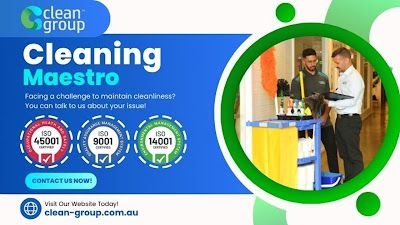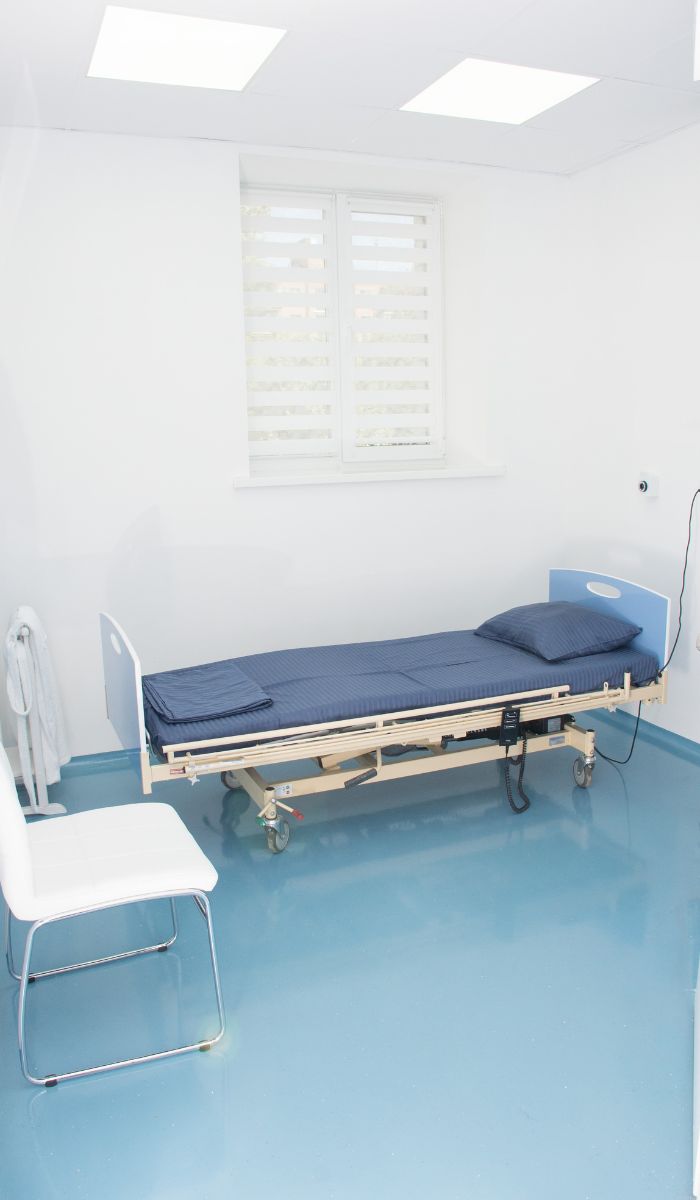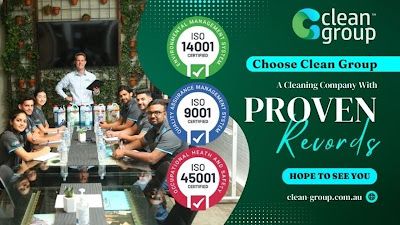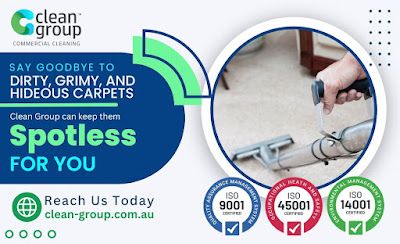
Office Disinfection Guide
Best Practices for Commercial Window Cleaning
In parallel, the demand for commercial cleaning companies to demonstrate a commitment to sustainability and environmental responsibility is expected to rise. Clients, especially those in the retail, hospitality, and corporate sectors, are increasingly looking for service providers that prioritize eco-friendly practices. At Clean Group, we offer Reliable Office Cleaners in Sydney tailored to meet the unique needs of every business. Whether you manage a small startup or a large corporate space, our Professional Office Cleaners in Sydney deliver consistent, high-quality cleaning solutions at competitive prices. With years of industry experience, our team is equipped with cutting-edge cleaning technologies and eco-friendly products to ensure your office is spotless, hygienic, and welcoming. From routine cleaning to deep disinfection and everything in between, we take pride in being one of the most trusted names in office cleaning services in Sydney. Comprehensive Office Cleaning Tailored for Your Business Clean Group provides all-inclusive office cleaning solutions, which include: Supply and replacement of bin liners and toilet rolls Thorough cleaning of office furniture, desks, and common areas Advanced carpet cleaning and floor care Deep cleaning and COVID-19 disinfection services Washroom sanitisation and office toiletries management Our services are designed to accommodate the specific needs of your workspace, with flexible scheduling options such as daily, weekly, or fortnightly cleaning routines.. This includes using biodegradable and non-toxic cleaning agents, reducing water and energy consumption, and ensuring that cleaning processes have minimal environmental impact. Additionally, many companies are opting for "green certifications," which serve as proof that cleaning providers meet specific environmental and sustainability standards. To meet these rising expectations, cleaning companies are investing in environmentally conscious technologies and practices, and as awareness of environmental issues continues to grow, this trend is expected to become even more prominent.
All things considered, the commercial cleaning sector keeps evolving in reaction to changing workplace dynamics, health concerns, environmental criteria, and technology developments. Its function goes beyond looks; it promotes public health, strengthens brand image, protects facilities, and improves the general experience of users of the areas being cleaned. The ongoing acknowledgment of the worth of the experts who carry out this work is helping to raise the standards and expectations across almost all sectors of the economy, therefore making them vital contributors to almost every industry.


